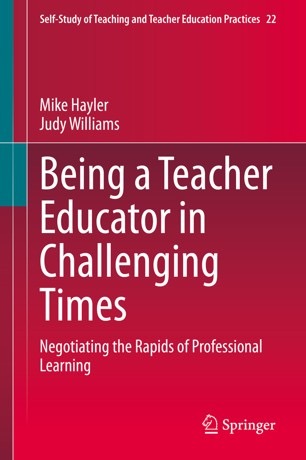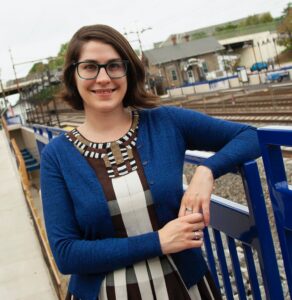self-reflection
Select an item by clicking its checkbox
In addition to the general tips on teaching mysticism presented in the previous blog posts (part 1 & part 2), I would like to share some in-class and writing assignments I have used when teaching ʻAṭṭār’s The Conference of the Birds. One of the most successful in-class activities ...
While teaching a mystical text is deeply enriching to the classroom, I find colleagues have two primary trepidations about teaching The Conference of the Birds: (1) presenting mysticism – a subject undergraduates and nonexperts alike often find impenetrable – in a coherent, lucid manner, and (2) accurately and responsibly discussing its specific Islamic context ...
In a first-year seminar guided by the question “Who am I?” my students are often a little shocked that their first reading suggests that they annihilate their sense of self. Though the inner lives of a medieval mystic and a contemporary student at an American university may seem worlds apart, ...

Date Reviewed: June 17, 2021
Readers will gain a better understanding of the processes, influences and relationships that make being a teacher educator both a challenging and rewarding career. Accordingly, the book offers a valuable asset for university leaders, experienced and beginning teacher educators, and researchers interested in the professional learning and development of teacher educators. (From the Publisher)
